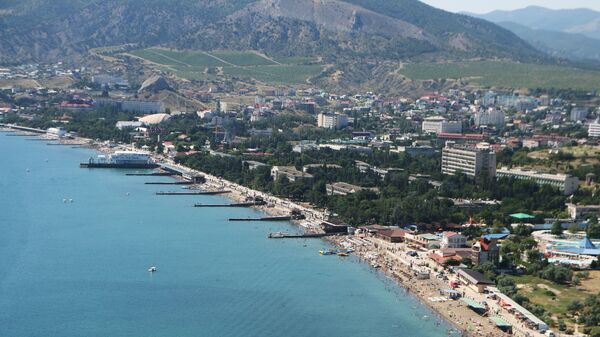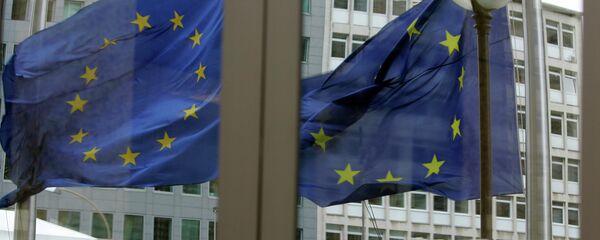BUDAPEST (Sputnik), Mary Lopatto – Vona said that Hungary, as a country that has lost large parts of its territory in the past, has a deep understanding of the pleasure the Russian people must have felt after the reunification with Crimea.
“We have discussed the possibility of such a visit, I am open to this, as Crimea for us is a beacon and an example of how will for self-determination can prevail,” Vona said.
Earlier this month, Jobbik member Marton Gyongyosi said he was going to visit Crimea this autumn.
Crimea became part of the Russian Federation on March 21, 2014, after more than 96 percent of Crimea voters had backed the move in a referendum.
After the referendum, Jobbik announced that it had recognized the results of the referendum in Crimea. In response, the Security Service of Ukraine banned four members of the party, including Gyongyosi, from entering the country.
Prospects of Jobbik Becoming Dominant Party ‘Absolutely Real’
Jobbik, the Movement for a Better Hungary, has every chance of gaining dominance in the country, the head of the party told Sputnik.
“The aim of becoming a ruling force is absolutely real, our support among the population is growing, according to surveys,” Gabor Vona said.
“It is clear to us that we need to rethink our international role. Hungary must seek balance in every direction,” Vona said in response to a question on his party’s chances in the 2018 parliamentary elections.
Jobbik is one of several political parties in EU countries that has benefited from growing public support as Euroscepticism and anti-immigration sentiment has been on the rise over the past year.
Vona stressed that Jobbik is “currently the most popular opposition movement in Hungary,” citing a series of key victories in regional and local elections.
Vona outlined the party’s major areas of policy, including “determining the responsibility for past mistakes, ensuring a decent life and restoring order.”
“The tasks awaiting us are not simple, so we must seriously prepare for the time when we take the wheel of the country into our hands,” Vona stressed.
Three Jobbik lawmakers currently sit in the European Parliament after gaining 14.6 percent of the vote in last year’s elections, while the over 20 percent of the vote Jobbik received in the April 2014 parliamentary elections landed the party 23 seats in the National Assembly.




